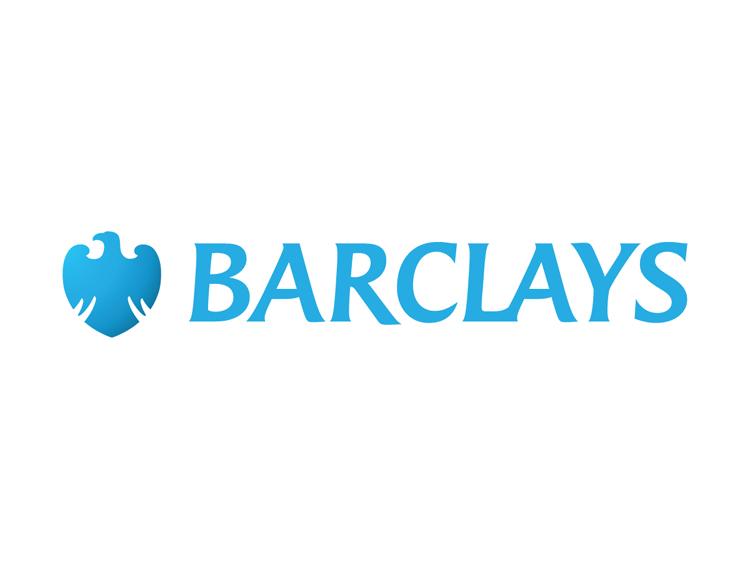200,000 adults to access skills training through Barclays LifeSkills new charity partnerships

Barclays LifeSkills announces charity partnerships set to benefit all generations and tackle key issues facing labour market
Over 11 million young people have already participated in LifeSkills since it launched 7 years ago
New partnerships will reach all generations
Today, Barclays LifeSkills has announced a number of new charity partnerships to help tackle key issues facing the UK labour market and continue to provide support to groups and individuals most in need during the Covid-19 outbreak. Programmes will aid progressing and staying in employment, supporting an ageing workforce and increasing employment skills levels.
Since 2013, the LifeSkills programme has been supporting young people to gain the core, transferable skills needed to succeed in the workplace, with more than 11 million having participated to date. The programme was extended at the end of 2019, using the scale and impact of the programme to now reach and help all generations in the UK to develop the skills, knowledge and confidence they need.
The partnerships announced today will reach almost 200,000 adults who are most in need of greater, more bespoke support to get into, stay and progress in the workforce. Focusing on their most immediate needs and tackling the practical and emotional challenges faced.
Kirstie Mackey, Head of LifeSkills created with Barclays, said:
“Making opportunities as inclusive as possible for all is key to boosting our labour market and helping the UK economy to recover post Covid.
“The expertise of all our charity partners coupled with the scale of our LifeSkills programme will benefit some of the most vulnerable groups in society, whether they are struggling with confidence, developing their skills, juggling caring responsibilities or returning to work after illness.
“We’re incredibly passionate about all the causes that our charity partners fight for and looking forward to working together to tackle some of the biggest barriers faced in getting into and progressing in the workplace.”
Lack of in-work progression
Viewed as one of the main drivers behind poor UK productivity levels and a main cause of in-work poverty. Five million UK adults are currently in low paid work, one million more than the OECD average.
- Working Chance will deliver specialised employability support to integrate women with convictions into the labour market and help them to succeed in the workplace.
- Timewise will run pilots in frontline sectors, working with both employers and individuals to unlock better work and progression pathways for those who need to work flexibly.
- Child Poverty Action Group will pilot an innovative work support programme for second earners from low income families, helping them get into and progress in work.
Helping an aging workforce
Enabling more people over 50 to remain in work, supporting the UK economy with an ageing population. Nearly one third of the UK workforce are aged 50 or over, and by 2030, half of all adults in the UK will be over 50. It’s vital that people feel they can work for as long as they want to, free from age bias and discrimination.
- The Centre for Ageing Better will work in the West Midlands to support individuals over the age of 50, who are at risk of redundancy or have recently been made redundant, to find sustained employment through skills retraining.
- Carers UK will work with Barclays to help those over 50 remain in work who may be struggling to juggle caring responsibilities.
- Maggie’s will provide bespoke support to people with cancer, as well as families, to empower them to remain financially independent through employment.
Boosting adult skills
Delivering LifeSkills employability and financial skills to vulnerable individuals and groups.
- Smallwood Trust will fund specialist women’s organisations and services to deliver 7,000 LifeSkills modules to financially vulnerable women helping them with financial capability and building employability skills. Beneficiaries will include women leaving the criminal justice system and those who have experienced abuse, with a focus on areas of deprivation.
- The Wise Group will work with Barclays on a one-year programme in Kilmarnock to deliver LifeSkills resources to individuals including the long-term unemployed, lone parents and individuals with prior convictions.
- Family Action will run LifeSkills Holiday Hub clubs to support vulnerable and low-income families outside of school term time. As well as building participants’ confidence, financial and employability skills through LifeSkills training, the sessions will help to tackle issues such as food insecurity and social isolation.











Responses